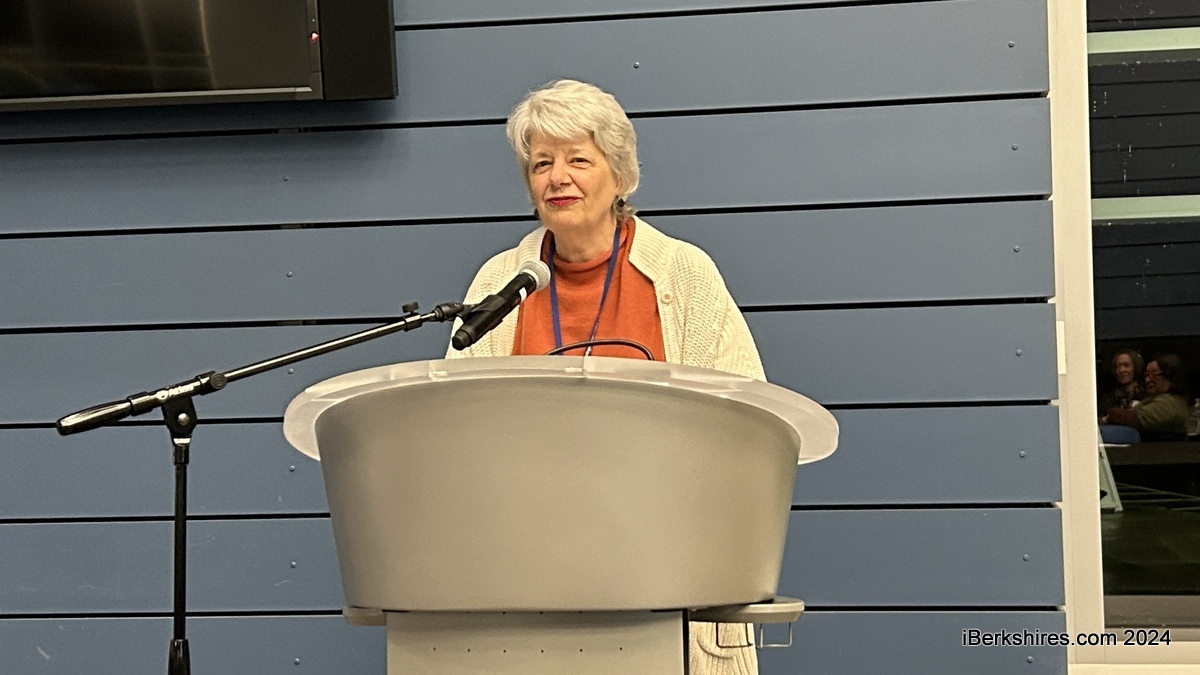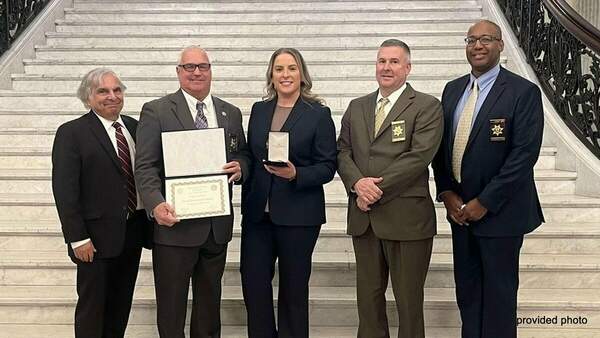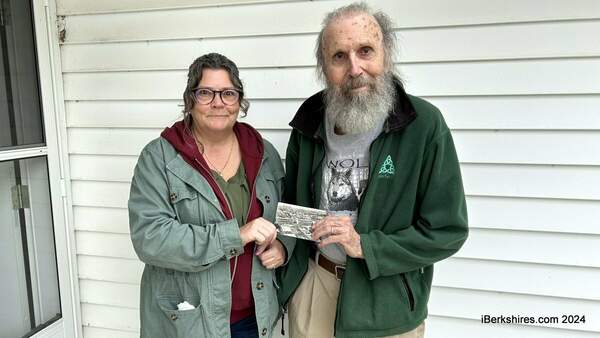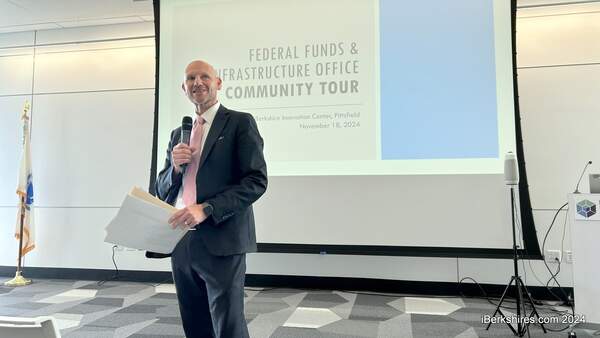District Attorney's Office Reports a Rise in Senior Citizen Scams
PITTSFIELD, Mass. — The Berkshire District Attorney's Office is alerting residents to an overall increase in scams targeting senior citizens.
On Oct. 3, the Berkshire District Attorney's Office, in conjunction with the U.S. Attorney's Office, will hold two informational sessions on senior fraud. One event will take place in North Adams (location TBD) and the other will occur at the Lenox Community Center. More information on these events to come.
According to a press release, the most recent scam to occur is the Grandparent Scam. AARP defines a Grandparent scam, "The Grandparent Scam typically starts with a call from someone claiming to be your grandchild or a person reaching out on their behalf who needs your help urgently. They will say that your grandchild was in an accident or in jail and that they need money right away. They may ask you for a wire transfer or gift card, but there's a rise in requests for cash – cash that the caller will pick up from your home."
The scammers sometimes use artificial intelligence to impersonate people to create a sense of urgency or fear. They use this tactic to make people act quickly without being able to critically think about the situation.
Legitimate agencies will not ask for cash or gift cards; they will not send couriers to your house to pick up money; they will not ask for cryptocurrency; and they will not request wire transfers. Never give information or money to unknown individuals or organizations in-person, over the phone, or online. Law enforcement agencies will never ask you to send money, in any form, or come to your house to collect money. If you are targeted with this scam hang up the phone, call your family, and contact law enforcement.
These scammers are extremely hard for law enforcement to track down. They almost always operate outside the area in which they are running the scam, stated a press release.
Tips for not falling victim to the Grandparent scam:
-
If someone unknown to you calls stating that a family member has been arrested, verify with someone you trust. Call another relative or call the relative who claims to be in trouble. Verify even if the caller asks you not to.
-
If someone calls from an unknown number and claims to be a loved one, even if it sounds like them, ask the person questions that only your real family member would be able to answer.
-
Share carefully on social media. Make sure your privacy settings prevent strangers from accessing information about you or your family.
-
NEVER wire, hand over, or send money in response to a phone call, email, or online message. Once the money has been received by a fraudster, it's almost impossible to get it back. Hang up and call law enforcement immediately. (Remember, law enforcement would never request someone to send money via electronic transfer or send a courier to pick up cash for bail of a loved one.)
















